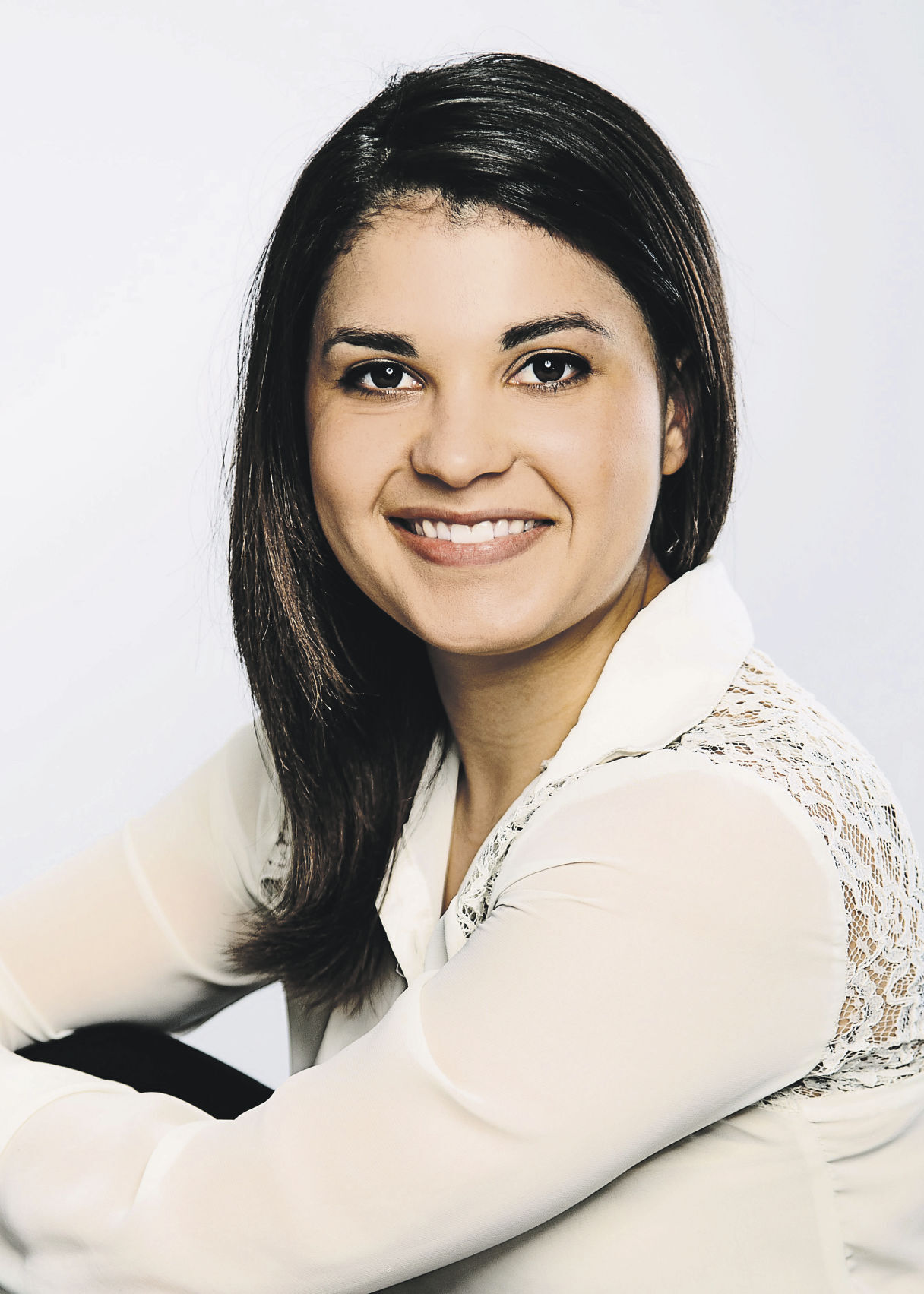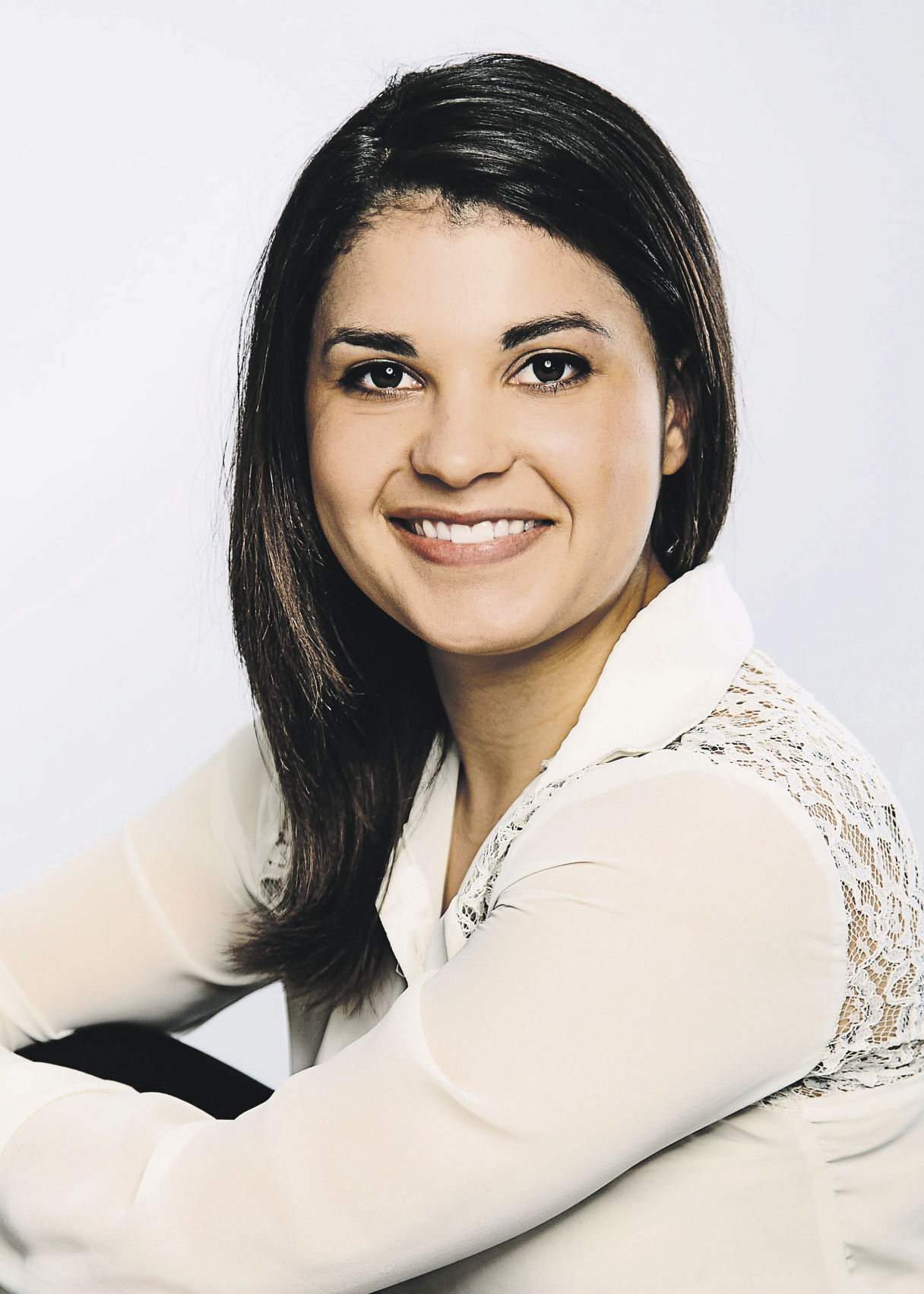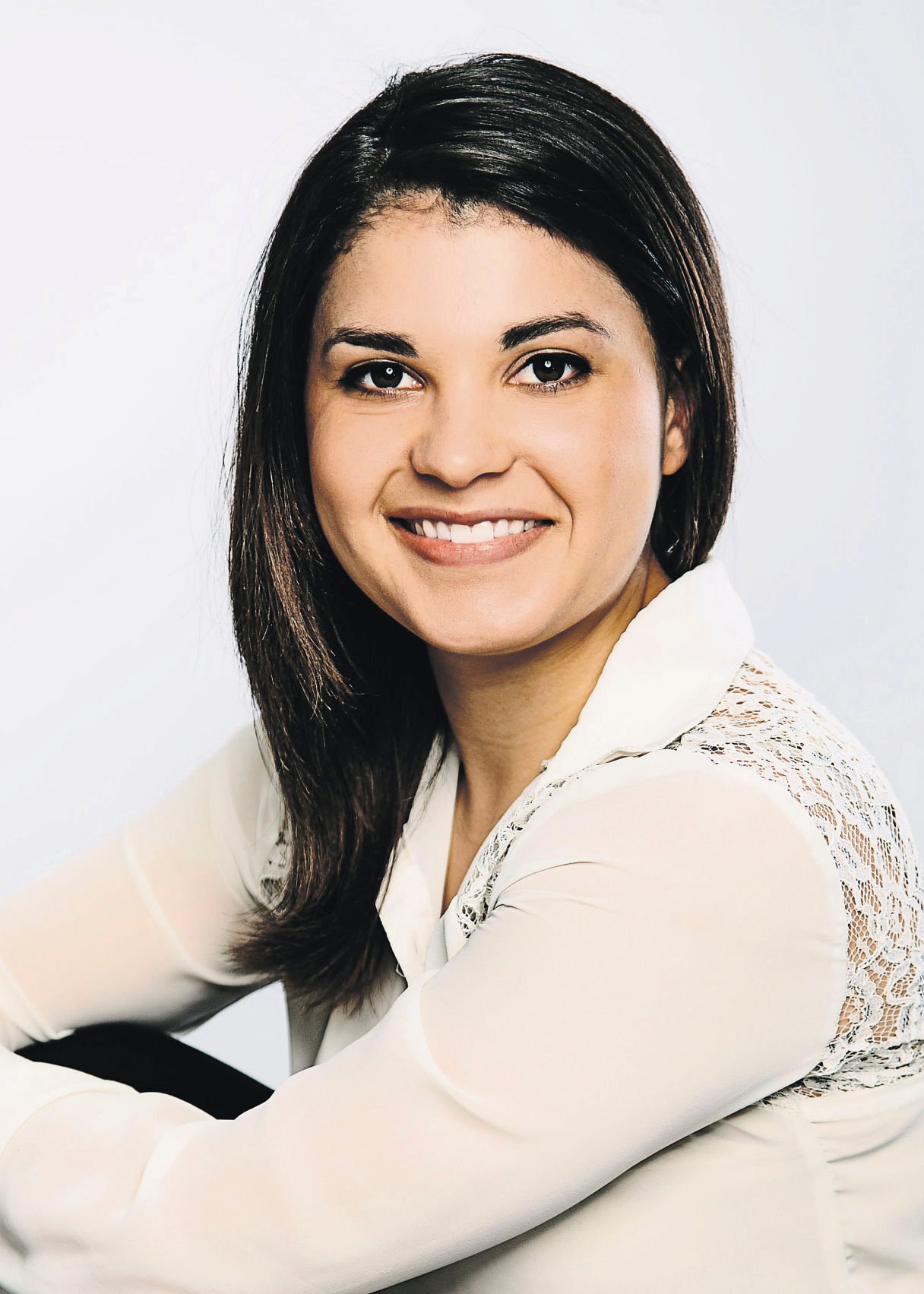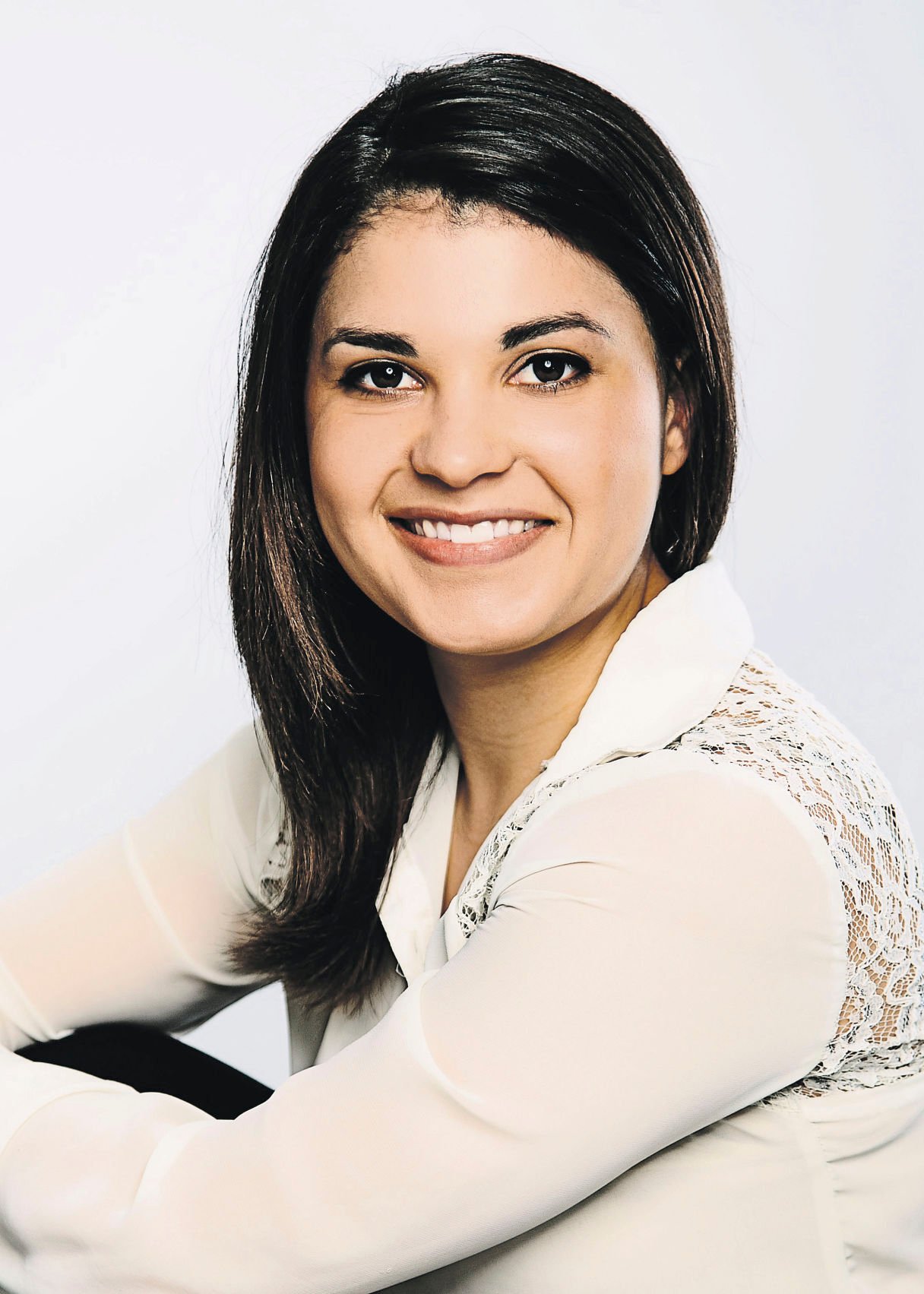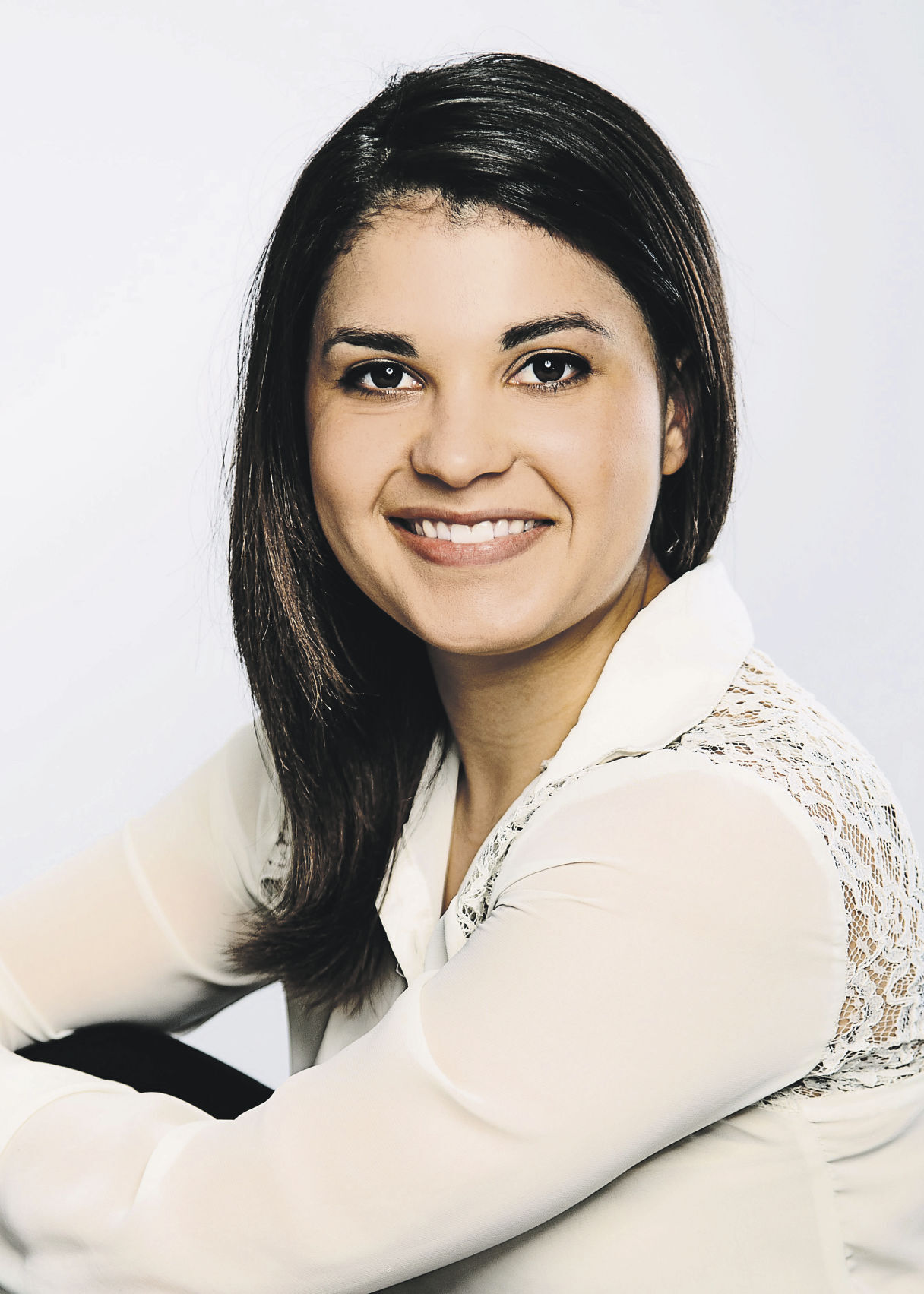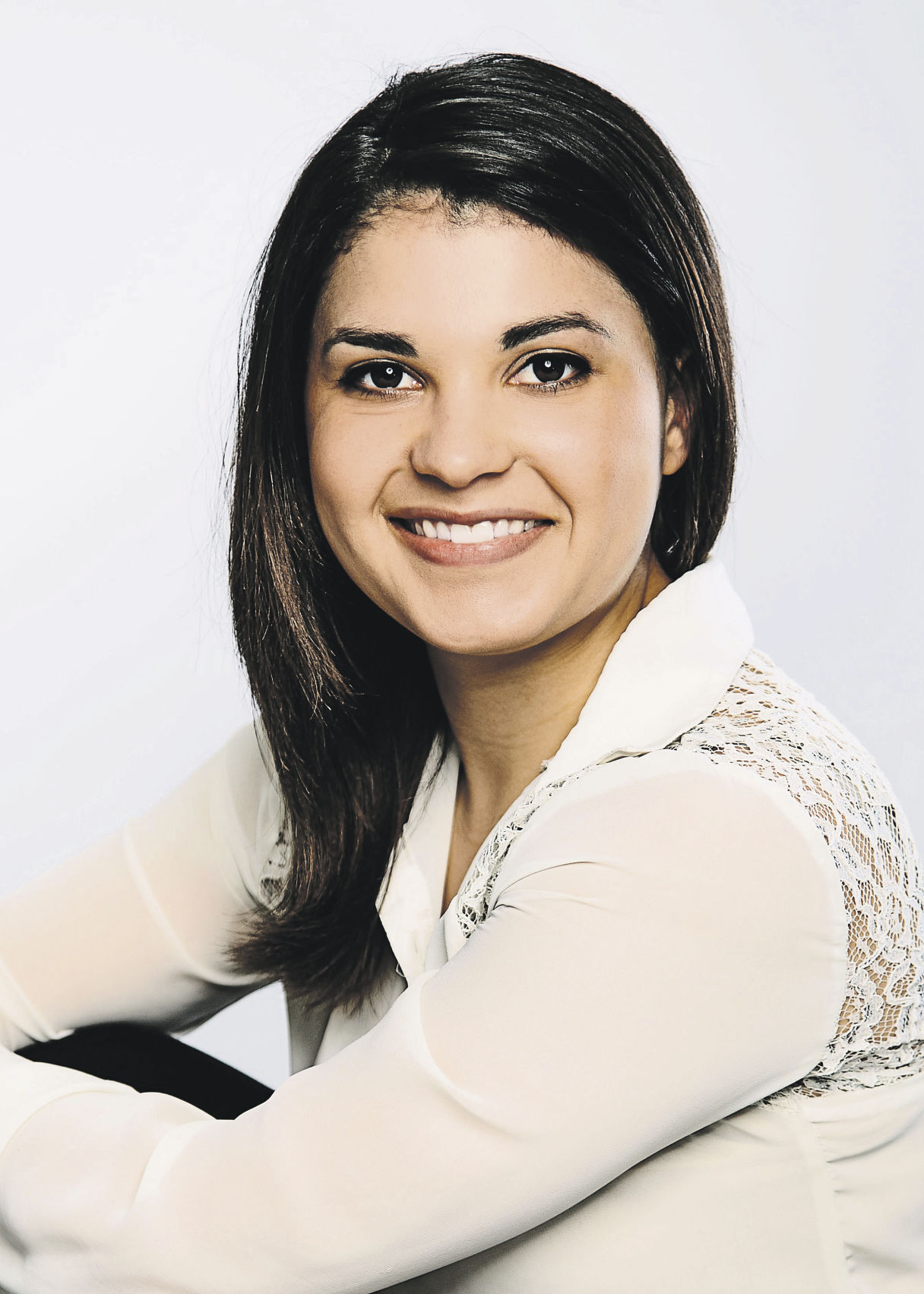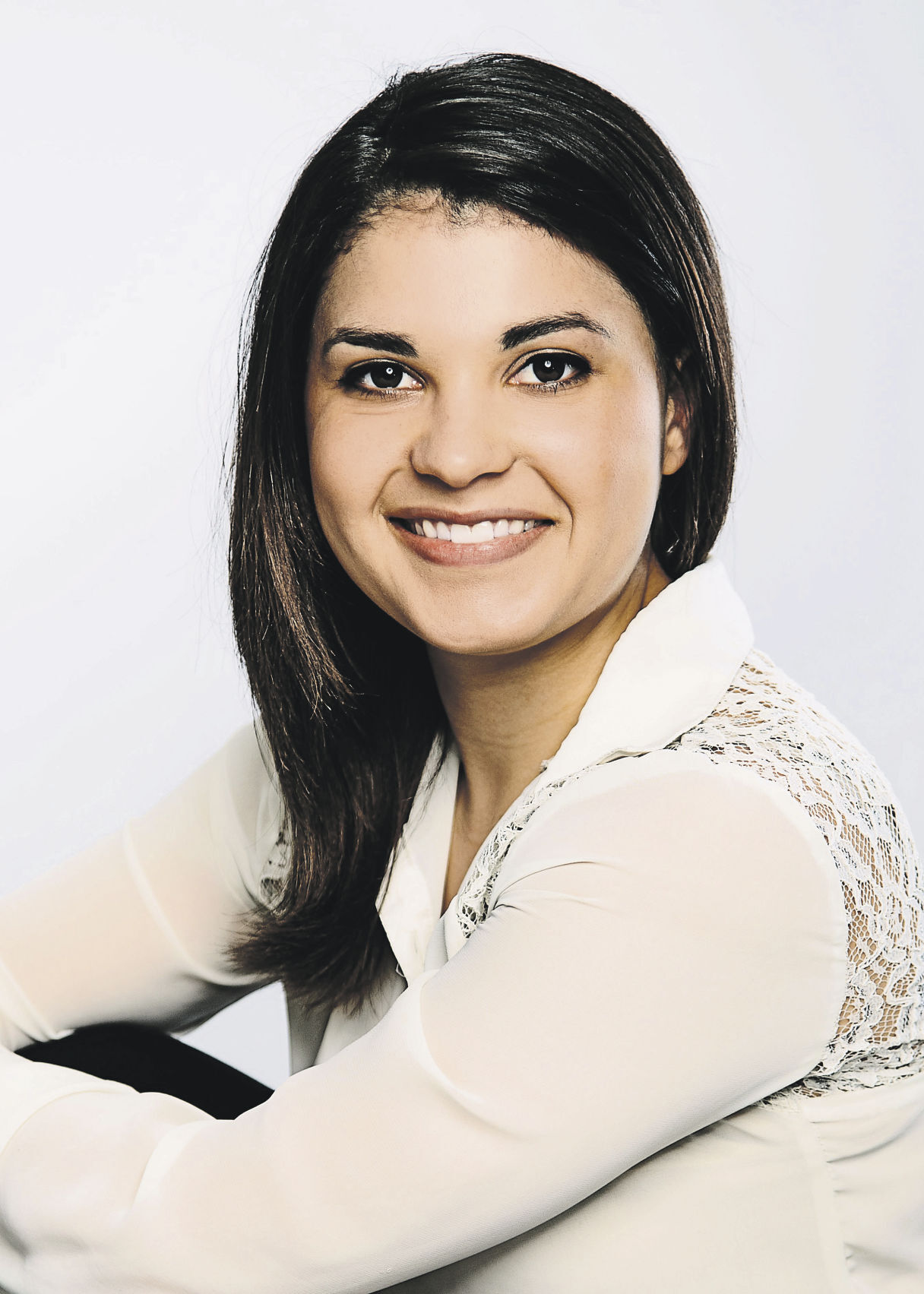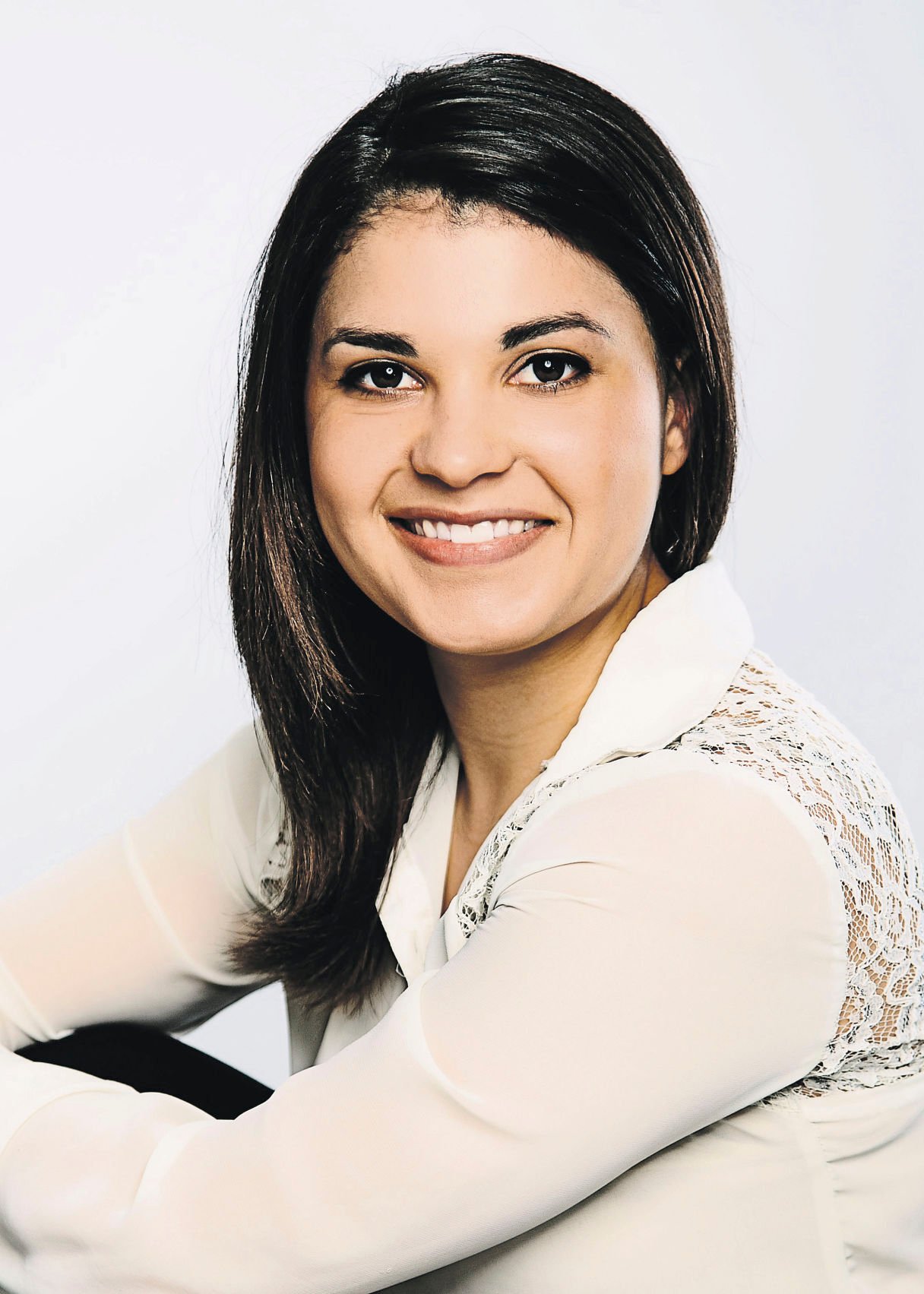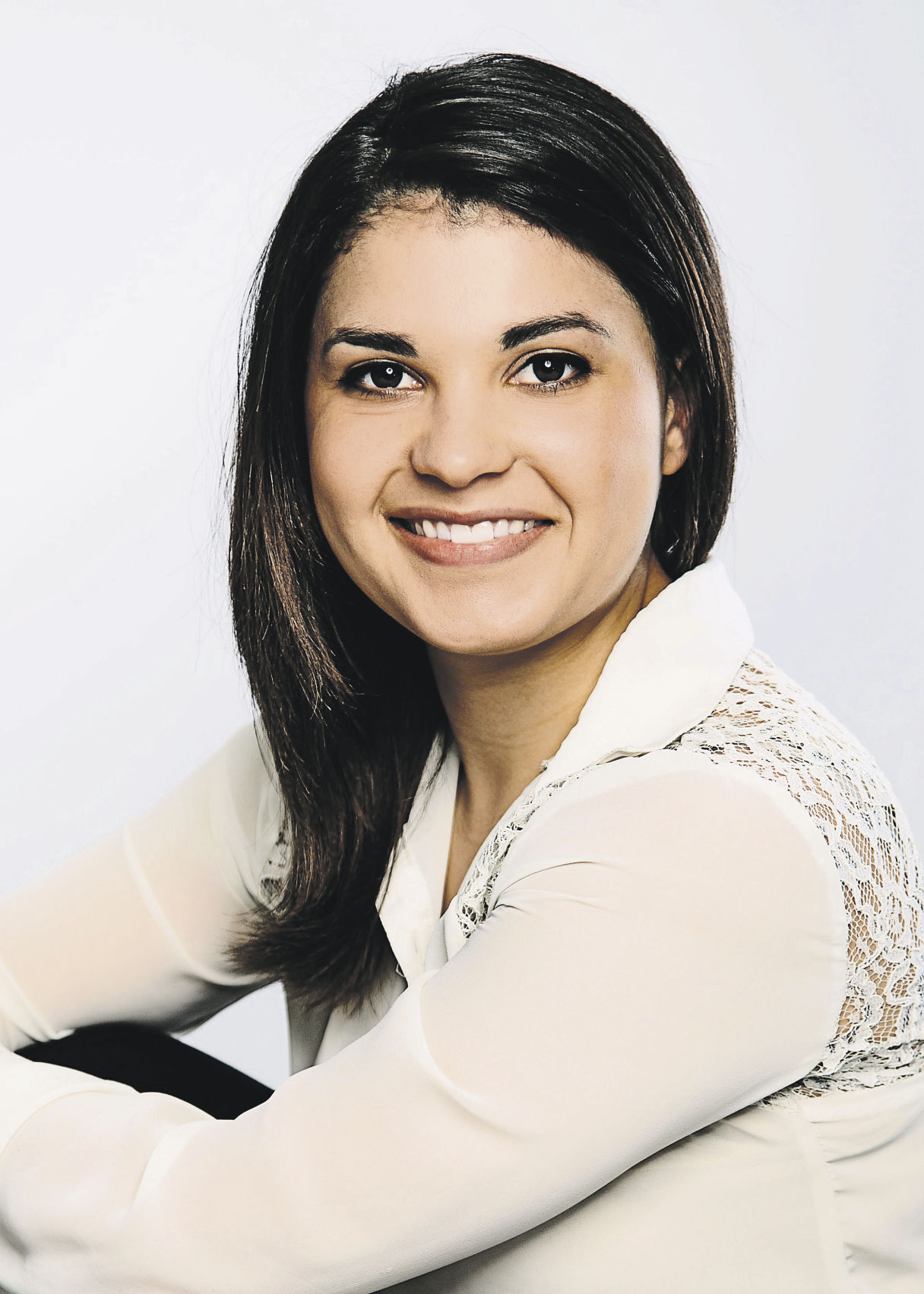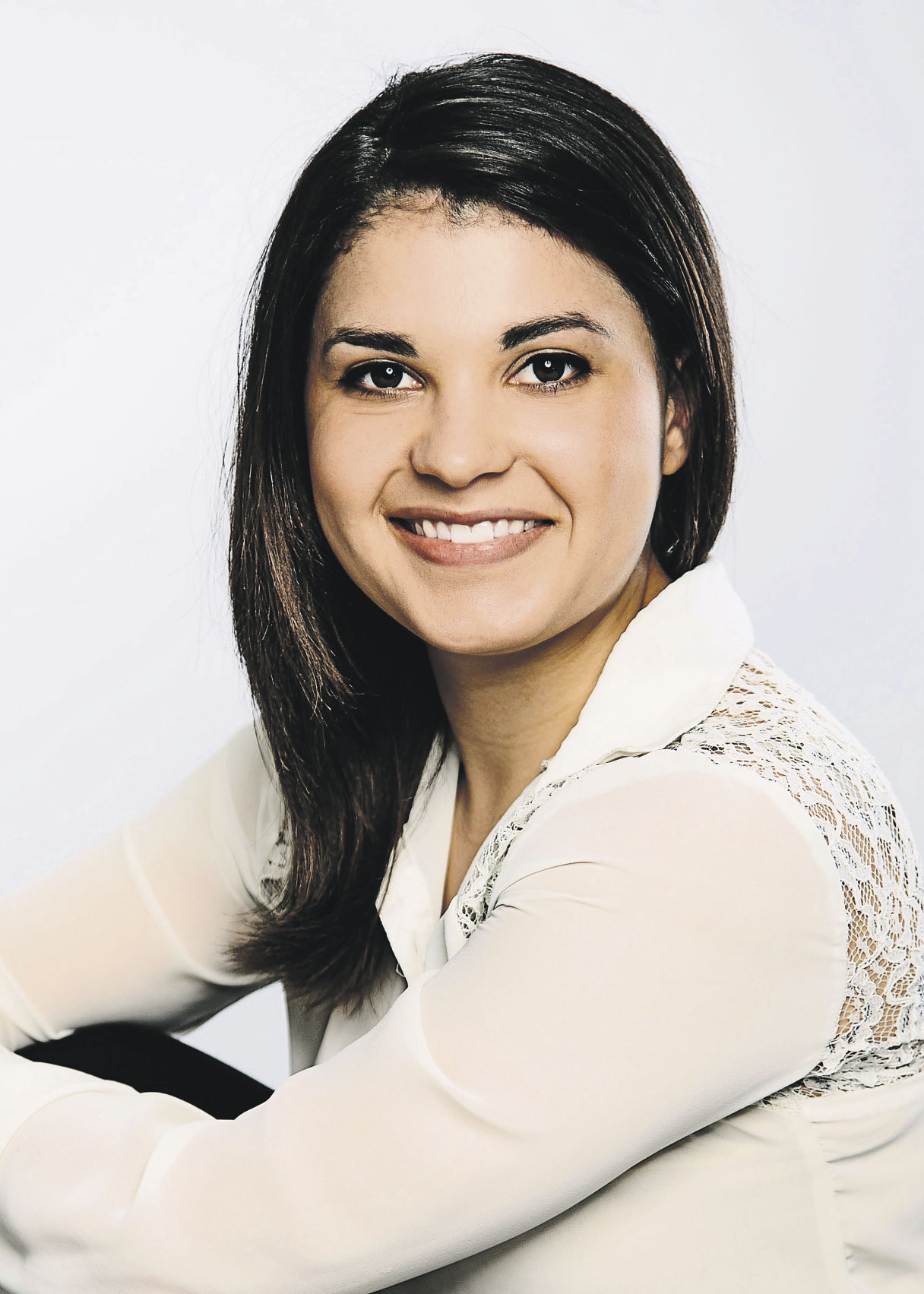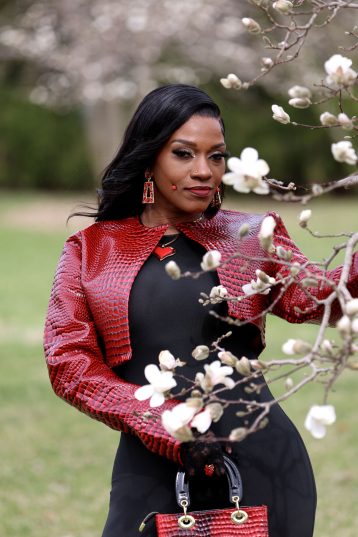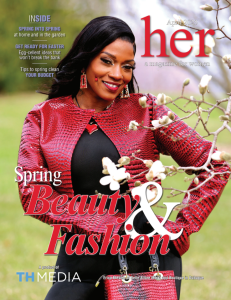It’s January, which means we’re being hit with lots of New Year’s resolution advice: When, how and what to eat, workout and on and on.
It seems this time of year, we are especially likely to let others set our goals for us. We release the majority of our power in terms of wellness decisions to professionals who often have never met us or know we exist.
This year, I challenge you to take the more difficult, yet rewarding path: Figuring out what your wellness goals are according to you. This means getting curious about your body’s signals — what food, exercise or other wellness practices make you feel best and are likely to stick around for the long-term instead of a few weeks at the beginning of the New Year.
Creating your wellness goals without a diet plan to follow or knowing this year’s “best fat burning exercise move” isn’t easy. You have to take time to experiment with different practices, learn to listen to your body’s signals and unlearn much of what the diet industry has made us feel is necessary to feel happy and healthy. While I encourage you to begin this journey by putting the power back in your hands, you don’t have to do it alone.
Here are a few of my top pieces of advice when starting your wellness journey:
1. Experiment with nutrients — not calories. We’ve long been told that weight loss is calories in vs. calories out, but we’re not getting the whole picture here. This simplistic view of weight loss leaves out other important factors, like the amount and the quality of the nutrients you’re feeding your body. Try experimenting with whole foods and balancing your diet by focusing on healthy fats, protein and carbohydrates. Each person is going to need and thrive off different ratios of these macronutrients, so get curious and see what works best for you.
2. Look at previous health and wellness practices with fresh eyes. Allow yourself to try foods that you haven’t liked in the past, just change the way it’s being prepared. Go to that yoga class again, but try a different instructor. Often, we allow our opinions to be formed based on one experience and close to the door to something that could be nourishing or beneficial if we just approached it differently.
3. Don’t be dogmatic with your beliefs. We’re quick to put labels on ourselves, and it makes sense why: It gives us boundaries that we think are going to help us “stay on track” and makes us feel safe inside those boundaries. But what we’re not taking into account is that our bodies are constantly changing and with that, the type of nutrients, exercise and other factors change, too. When we start to live in tune with our body’s needs, we open up a line of communication that we can trust and are able to acknowledge and honor what we need to feel our best for all the years to come.
If you’re struggling with re-establishing your health intuition, it might be a good idea to enlist the help of a health coach to establish habits that help you reconnect with your body and listen to its signals.
Bri Edwards is a holistic health coach, integrative nutrition coach and personal trainer at Statera Integrative Health and Wellness Solutions in Dubuque.

